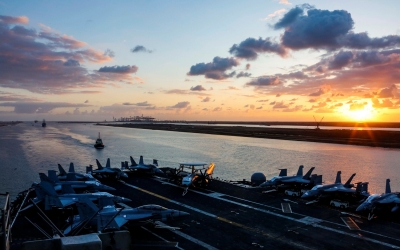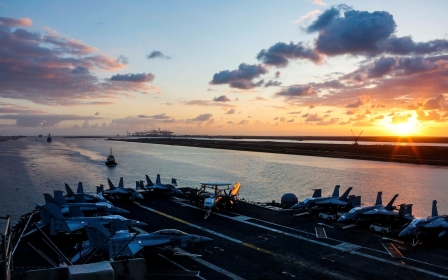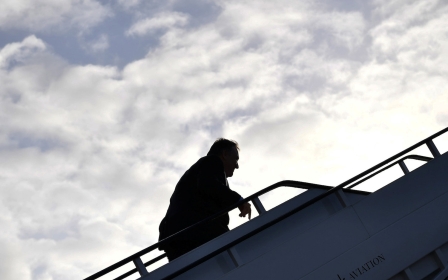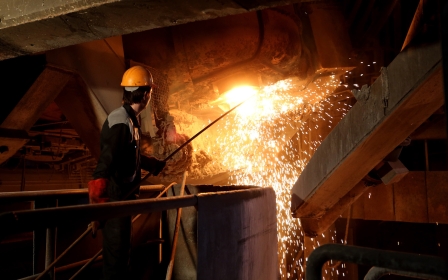Iran's Ayatollah Khamenei says there will be no war with US
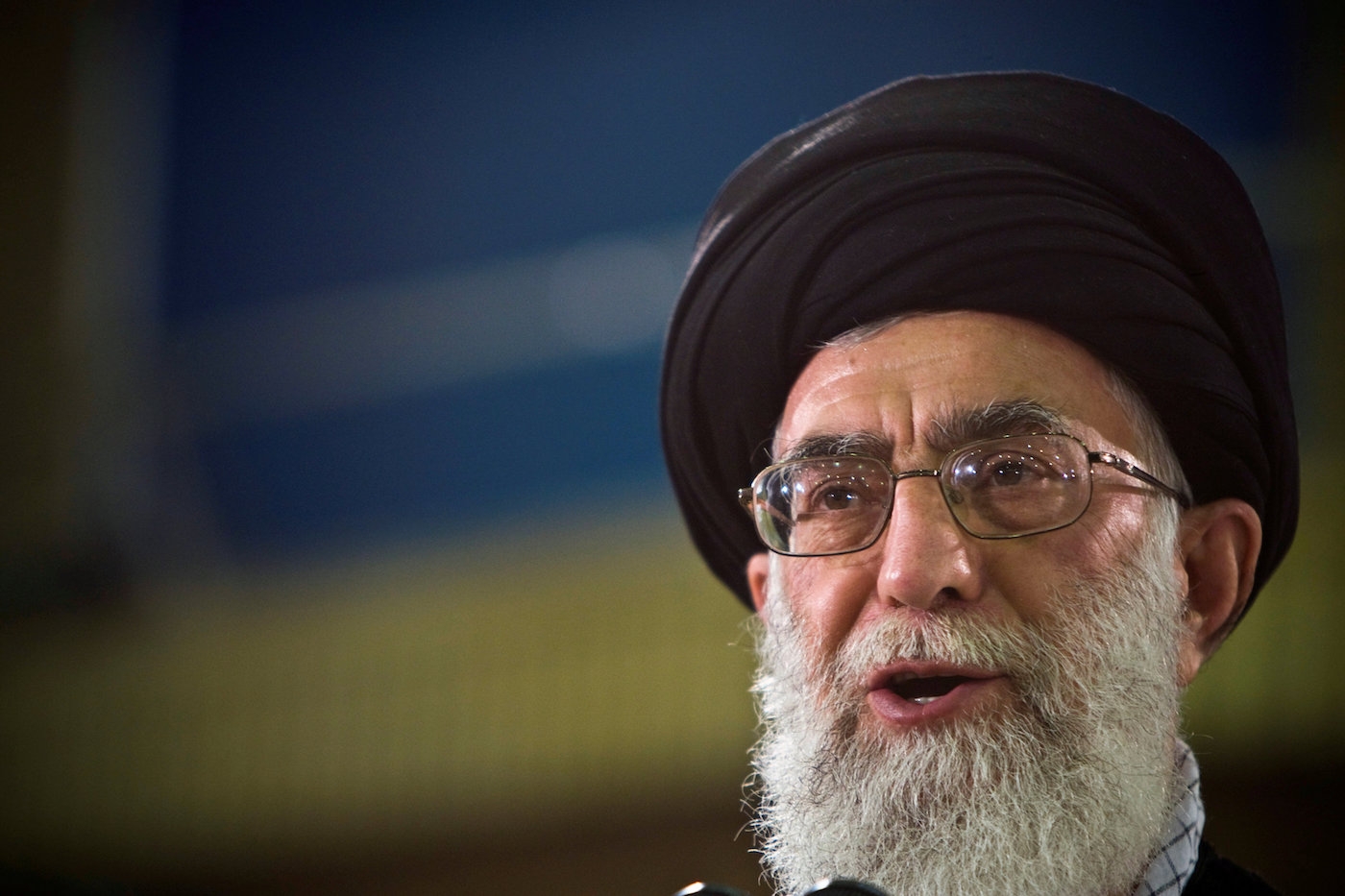
Iran's Ayatollah Ali Khamenei has said there will be no war with the United States, despite tensions between the two countries that recently escalated as a result of the Trump administration's "maximum pressure campaign" on Tehran.
Khamenei said on Tuesday that any confrontation between the US and Iran would not be "a military one", the country's state-run PressTV reported.
He also said "there was not going to be any war".
"The Iranian nation's definite option will be resistance in the face of the US, and in this confrontation, the US would be forced into a retreat," Khamenei said. "Neither we nor they - who know war will not be in their interest - are after war."
His comments came shortly after US President Donald Trump dismissed a New York Times report that US officials were considering a plan to send as many as 120,000 troops to the Middle East should Iran attack US forces or expand its nuclear programme.
New MEE newsletter: Jerusalem Dispatch
Sign up to get the latest insights and analysis on Israel-Palestine, alongside Turkey Unpacked and other MEE newsletters
"I think it's fake news, OK? Now, would I do that? Absolutely. But we have not planned for that," Trump told reporters at the White House on Tuesday.
"Hopefully we're not going to have to plan for that. And if we did that, we'd send a hell of a lot more troops than that."
The rhetoric highlights mounting tensions between Washington and Tehran, which quickly escalated after US officials accused the Iranians of making unspecified threats against American interests in the region.
While the Trump administration provided scant evidence to back up those claims, it deployed an aircraft carrier to the Gulf in order to send a "clear and unmistakable message to the Iranian regime".
The US also imposed a new set of economic sanctions on Iran's metals sector.
Last week, Iran also announced plans to pull out of parts of the 2015 nuclear deal that Washington abandoned last year, and called on European leaders to protect it against US sanctions.
And over the weekend, the United Arab Emirates and Saudi Arabia, two key US allies in the region and staunch opponents of Iran, said four commercial vessels were sabotaged.
The US blamed the incident on Iran, without providing any proof for that assertion. Iran has denied it was involved.
Calls for restraint
Meanwhile, observers have urged both Iran and the US to exercise restraint amid the uptick in hostile rhetoric and potentially incendiary actions in the region, in hopes of staving off a possible military confrontation between the two countries.
On Monday, the European Union's foreign policy chief Federica Mogherini met with US Secretary of State Mike Pompeo and urged him to show "maximum restraint" towards Iran.
Still, it remains unclear what will happen next, and some experts have raised concerns that hawkish figures within the Trump administration are angling for ways to launch an all-out military assault on Iran.
Last week, Trump said he would be open to speaking to his Iranian counterparts.
But he did not rule out a military confrontation, and on Monday the US president issued a new warning to Iran, telling the country it would "suffer greatly" if it does anything to harm the US.
"If they do anything, it would be a very bad mistake," Trump said. "If they do anything, they will suffer greatly."
Middle East Eye delivers independent and unrivalled coverage and analysis of the Middle East, North Africa and beyond. To learn more about republishing this content and the associated fees, please fill out this form. More about MEE can be found here.


